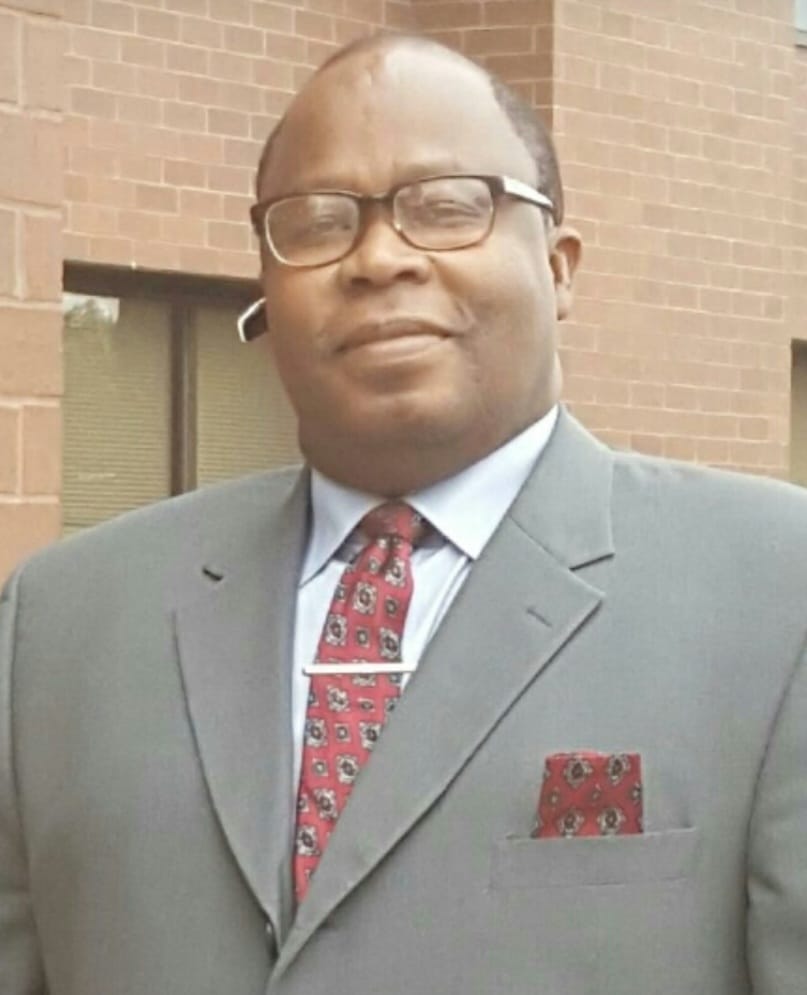The contemporary Liberian landscape, scarred by a brutal civil war, presents a complex interplay of dissent, democratic ideals, and the imperative to prevent a resurgence of violence. The nation’s citizens, acutely aware of the devastating consequences of conflict, possess the right, indeed the responsibility, to critique their government and advocate for change. However, this dissent must remain within the bounds of peaceful discourse and respect for the rule of law. The memory of over three hundred thousand lives lost serves as a stark reminder of the price of violent upheaval, urging Liberians to embrace dialogue and democratic processes as the path to progress. The focus must shift from the destructive cycles of the past to a future built on mutual understanding, respect, and a unified national identity.
The legacy of Liberia’s civil conflict profoundly influences the nation’s approach to political engagement. The trauma endured by the populace has instilled a deep aversion to violence, while simultaneously fostering a keen understanding of the importance of stability. This complex dynamic requires careful navigation, as the line between passionate advocacy and incitement to violence can become blurred. Liberians must embrace the principles of constructive criticism and peaceful dissent, recognizing that these are essential components of a healthy democracy. The challenge lies in ensuring that disagreements, however passionate, do not devolve into the destructive patterns of the past. The goal is to foster a political environment where voices are heard, concerns are addressed, and change is enacted through peaceful, democratic means.
Central to Liberia’s democratic development is the concept of collective ownership. The nation belongs not to any single individual or faction, but to all its citizens. This shared responsibility necessitates a commitment to inclusive governance and a rejection of violence as a means of achieving political ends. The infrastructure of democracy, carefully constructed through dialogue and compromise, offers a viable alternative to the devastation of civil strife. Every act of violence represents not only a failure of this democratic framework, but also a betrayal of the collective memory of loss and suffering. The path forward requires a sustained commitment to peaceful engagement, respect for dissenting viewpoints, and a recognition of the shared responsibility for the nation’s future.
The role of Liberia’s security apparatus in maintaining peace and stability cannot be overstated. Institutions like the Liberia National Police, the Liberia National Security Agency, and the Armed Forces of Liberia are crucial in upholding the rule of law and ensuring accountability for those who incite violence. These institutions must act with impartiality and vigilance, safeguarding the democratic space while deterring any attempts to destabilize the nation. The message must be clear: dissent is welcomed, but violence will not be tolerated. This firm stance is essential in fostering a climate of respect for the rule of law and ensuring that all citizens, regardless of their position or affiliation, are held accountable for their actions. The strength of a democracy lies in its ability to protect its citizens from violence and ensure that justice prevails.
The principle of equality before the law is paramount in a functioning democracy. No individual, regardless of their political or social standing, should be immune to arrest and prosecution. A robust legal framework, coupled with impartial enforcement, is essential to curbing violence and fostering a culture of accountability. The judiciary must operate independently, ensuring that justice is served without fear or favor. This principle underscores the commitment to a society where the law protects the vulnerable and holds the powerful in check. The pursuit of justice, rather than revenge, must guide the nation’s response to acts of violence, further solidifying the foundations of a just and equitable society.
Moving forward, Liberia must prioritize dialogue, unity, and a commitment to democratic principles. Encouraging civil engagement and providing platforms for discussing grievances are crucial steps in fostering a culture of peaceful dissent. Town halls, community forums, and responsible social media engagement can facilitate constructive dialogue and bridge the divides that fuel conflict. This approach requires a conscious effort from both citizens and leaders to build trust and engage in meaningful discourse. The government must be responsive to the needs of its citizens, while citizens must hold their leaders accountable through peaceful and democratic means. By embracing dialogue, rejecting violence, and fostering a sense of shared responsibility, Liberians can build a future that honors the sacrifices of the past and secures a more peaceful and prosperous future for generations to come.














